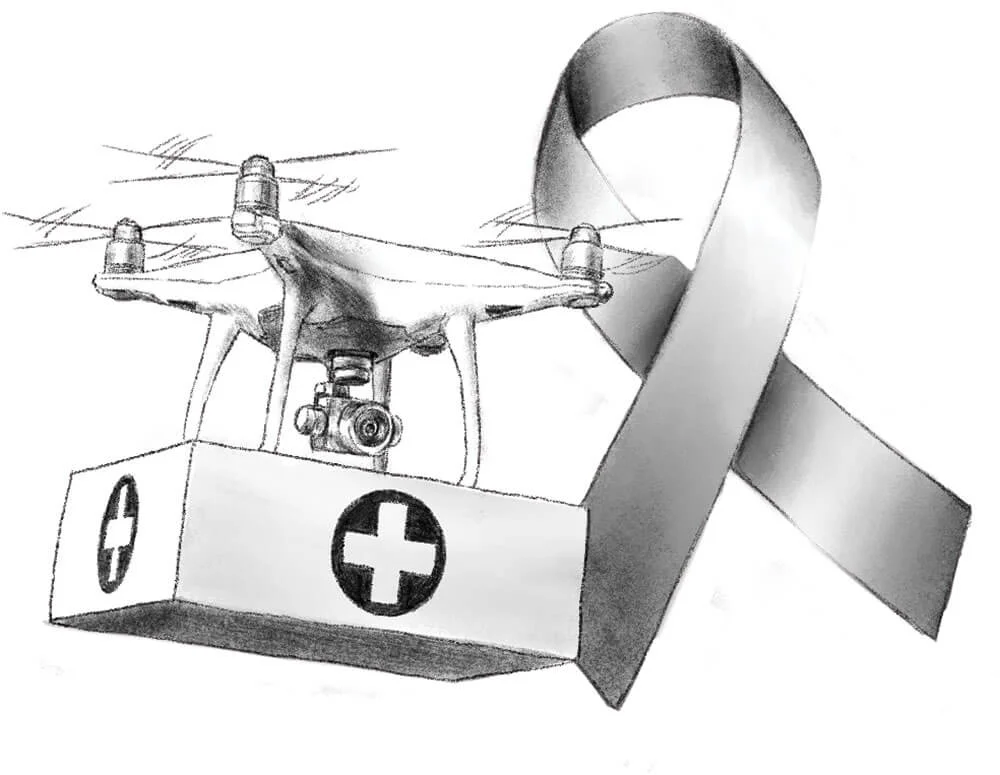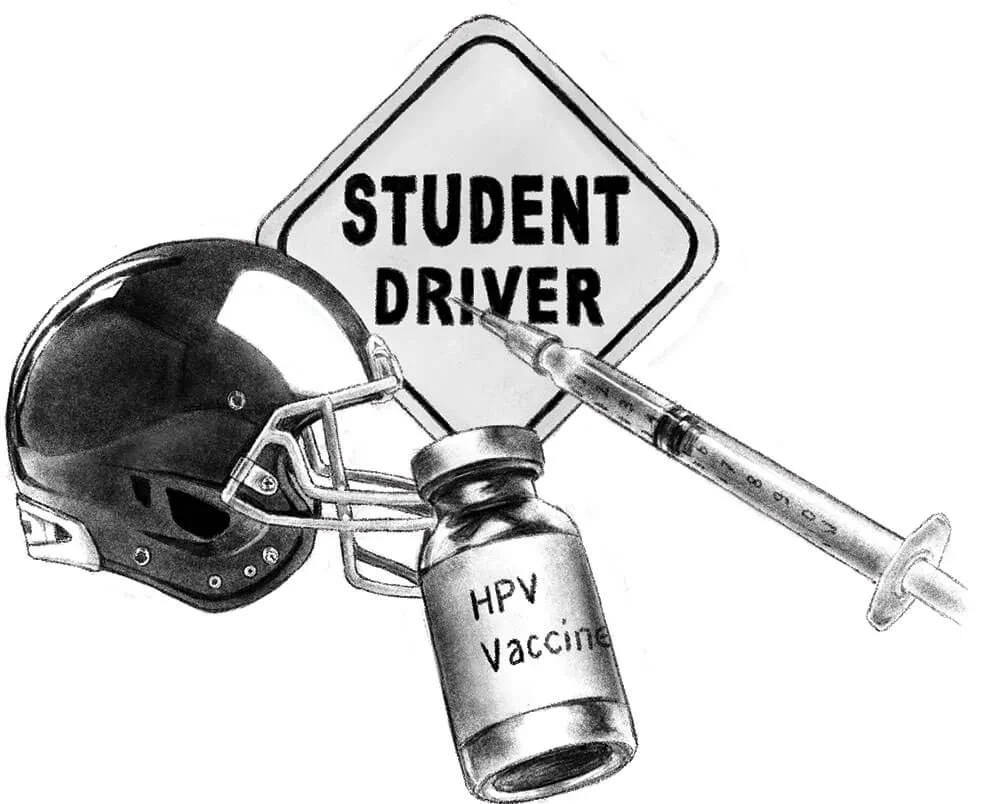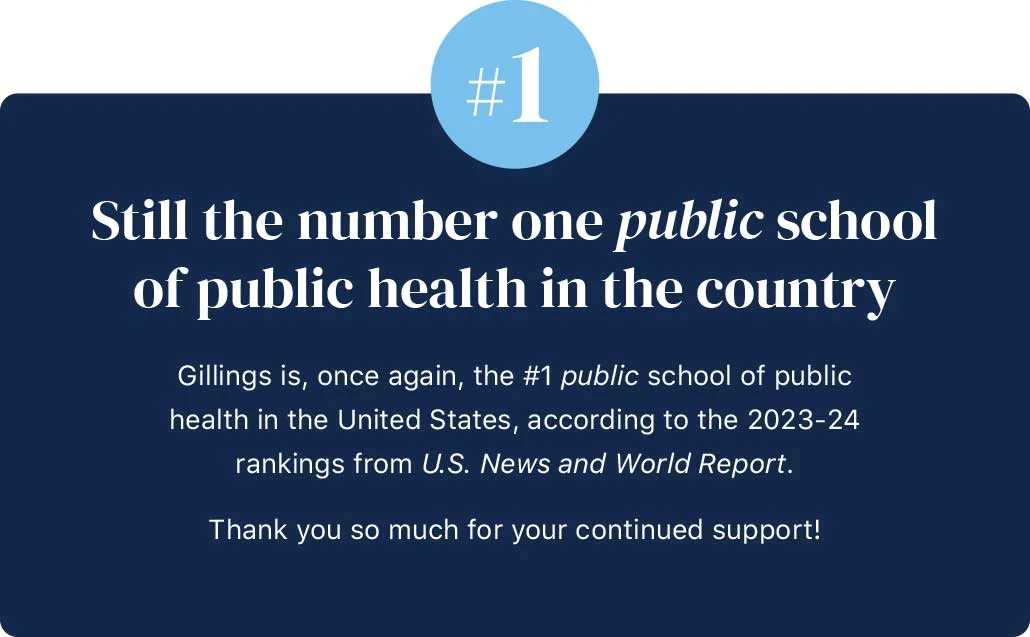Expertise with impact: Improving health policy and practice
For the past 80 years, faculty, staff and students from the Gillings School have sought to put research into practice.
From shaping local, state, and federal policies and regulations to helping a wide range of health organizations improve their processes, and putting proven interventions to work in clinics, schools, other organizations and communities, the reach and expertise of Gillings faculty from every department have influenced public health policy and practice in North Carolina and across the world.
Clean air and water

The late Philip Singer, PhD, professor emeritus of environmental sciences and engineering, spent his career working to improve drinking water quality. As director of UNC’s Drinking Water Research Center, his research focused on minimizing human exposure to disinfection by-products (DBPs), substances that are created when the chemicals used to disinfect water react with organic material. DBPs can cause cancer, and Singer was devoted to lowering DBP concentrations to keep communities safe. In recent years, he served on the Flint Water Interagency Coordinating Committee, which provided guidance on long-term solutions to the lead problem in Flint, Michigan.
Construction began on a reservoir to triple the University’s water supply after severe droughts in the late 1960s, which led Daniel Okun, PhD, and his students to study Chapel Hill’s water supply. Finding that Cane Creek was a better source of high-quality water than the polluted Jordan Lake, they persuaded UNC trustees to drop a plan to integrate Jordan Lake waters into University Lake and instead build the Cane Creek Reservoir. The reservoir was built in 1989.
Research by Will Vizuete, PhD, associate professor of environmental sciences and engineering, on the geographic and chemical origins of large ozone concentration helped to inform the Texas Commission on Environmental Quality’s issuance of new air quality controls for Houston, where ozone pollution has been a public health concern for decades.
Improving care access and quality

Jo Anne Earp, ScD, professor emeritus of health behavior, has reduced the racial gap in breast cancer screening, diagnosis and treatment in eastern North Carolina. She founded the NC Breast Cancer Screening Program (NC-BCSP) to train lay health advisors as advocates for mammography screening for older Black women in five rural eastern N.C. counties.
After his research revealed that the way hospitals provide care to stroke patients has a significant effect on patient outcomes, epidemiology professor Wayne Rosamond, PhD, created the Stroke Care Collaborative registry, a network of hospitals across the state involved in quality improvement efforts in acute care of stroke patients and getting best practices for stroke care in place to improve stroke response time. He’s also researching how to improve heart attack survival rates by using drones to deliver automatic external defibrillators (AEDs). Rapid defibrillation increases chances of surviving a heart attack, but bystander use of AEDs remains low in part due to low AED placement and accessibility.
Children’s health

Jonathan Kotch, MD, former Carol Remmer Angle Distinguished Professor of Children’s Environmental Health in maternal and child health, has vastly improved child care workers’ awareness of ways to make children safer and healthier. He created the National Training Institute (NTI) to ensure that health and childcare professionals from every U.S. state and territory are available to train child care health consultants, who in turn provide assessments and guidance to out-of-home child care centers and family child care homes. The Institute has trained more than 4,000 child health care consultants and more than 300 trainers from all over the U.S., Europe and the U.S. Army.
In 2000, the U.S. Congress passed the Physical Education for Progress Act to expand physical education programs for K-12 students, based in part on results of a study by Gillings nutrition professors Penny Gordon-Larsen, PhD, Carla Smith Chamblee Distinguished Professor of Global Nutrition; Barry Popkin, PhD, W. R. Kenan Jr. Distinguished Professor of nutrition; and Robert G. McMurray, PhD, that recommended increasing the frequency of physical education classes to boost the physical activity of schoolchildren, particularly those who are unfit or inactive. Additionally, Popkin’s research on soda and other sugary drinks, a common source of added sugar products that can contribute to obesity, has found that placing higher taxes on those beverages can effectively reduce consumer consumption.
In 2004, based on early research by Michael Kosorok, PhD, W.R. Kenan Distinguished Professor of biostatistics, the Centers for Disease Control and Prevention recommended that states institute newborn screening for cystic fibrosis (CF). CF is a progressive genetic disease that is the second most common life-shortening, childhood-onset, inherited disorder in the U.S. Kosorok and his colleagues used a controlled randomized trial to demonstrate that newborn screening for CF led to long-term benefits – such as improved growth and, in one study, cognitive development – due to early nutritional treatment. Since its implementation, N.C.’s screening test has identified between 30 and 34 newborns with CF each year.
Teen health & safety

In the 1990s, N.C. became one of the first states to adopt a graduated driver’s license model, where young drivers could gain more experience behind the wheel before receiving full driving privileges. Lew Margolis, MD, MPH, now professor emeritus in maternal and child health, and colleagues studied the effects of the new approach, and their findings – that teen motor vehicle deaths and hospitalizations dropped by 25 percent – led to the adoption of graduated licensing in every other state.
Studies by Steve Marshall, PhD, professor of epidemiology, in collaboration with researchers in the UNC College of Arts and Sciences’ Department of Exercise and Sports Science, have helped inform laws that were passed in 11 states to require special protocols for managing high school athletes who suffer concussions. In 2005, Marshall and colleagues’ study of retired professional athletes found that prior concussions are linked with an increased risk of mild cognitive impairment and with earlier onset of Alzheimer’s disease. The issue has gained more scientific and media attention since then, with further links suggested between concussion and depression.
Noel Brewer, PhD, professor of health behavior and health education, is a global expert in health communication, especially when it comes to the importance of human papillomavirus (HPV) vaccinations. He developed a training program that has helped thousands of health care providers in more than 15 states effectively communicate the importance of HPV vaccines and other adolescent vaccinations. He chairs the National HPV Vaccination Roundtable and has advised on vaccination for the World Health Organization, the Centers for Disease Control and Prevention, the President’s Cancer Panel under two presidents, and the National Vaccine Advisory Committee.
Kurt Ribisl, PhD, Jo Anne Earp Distinguished Professor and chair of the Department of Health Behavior, and Shelly Golden, PhD, associate professor and vice chair of health behavior, have investigated how pricing policies affect tobacco use, as well as how tobacco companies and retailers use marketing and product availability to promote smoking among youth. In 2016, New York City raised cigarette prices to $13 per pack based in large part on their pricing study.
Health care workforce and facilities

The work of George Pink, PhD, Humana Distinguished Professor of health policy and management, and Mark Holmes, PhD, health policy and management professor and director of the Cecil G. Sheps Center for Health Services Research, has helped small, rural hospitals across the country measure their financial strengths and weaknesses and improve quality. Critical-access hospitals (CAHs) are small, rural hospitals that are more vulnerable to financial distress because they serve small, isolated and in relatively low-income communities. Holmes and Pink created the CAH Financial Indicator system to help hospitals be more accountable for the money they spend while also improving quality. With hospitals often being one of the larger employers in a community, their financial stability is critical not only to the community’s health, but also to its economy.
Sandra Greene, DrPH, professor of the practice in health policy and management, is an expert on using data to analyze and improve health care in N.C. For years, she served on the North Carolina Health Coordinating Council, which steers the placement and construction of hospitals and related medical facilities. She also was instrumental in building the Carolina Cost and Quality Initiative, a massive data resource on the health care services that N.C. patients receive, to promote population-based research with the goal of improving the delivery and quality of care across the state.
Tom Ricketts, PhD, professor of health policy and management, has shared his expertise on the healthcare workforce with policymakers in N.C. and at the federal level. As director of the North Carolina Rural Health Research Program in the UNC Cecil G. Sheps Center for Health Services Research, he studied how the distribution of the state’s health care workforce affected access to care and the health status of North Carolinians, often calling lawmakers’ attention to looming shortages of doctors, allied health workers and other health care professionals. He also advised the U.S. Secretary of Health and Human Services on health policy issues.
A health services research expert, Becky Slifkin, PhD, is regularly consulted by federal and state staff and elected officials regarding the potential impacts of health care legislation, in particular rural health, Medicare, Medicaid and the Affordable Care Act.




